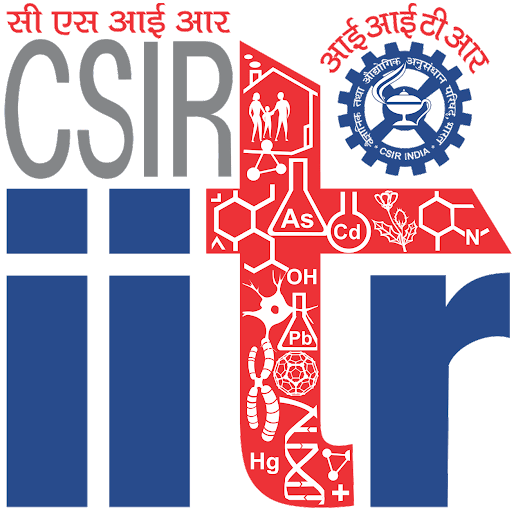Indian Institute of Toxicology Research

Indian Institute of Toxicology Research is a constituent laboratory of the Council of Scientific and
Industrial Research, Government of India. It is a premier toxicological research organization in Asia and
was established on 4th November 1965 as Industrial Toxicology Research Center in Lucknow. in 2008, it was
renamed as CSIR Indian Institute of Toxicology Research. The institute was formally dedicated to the nation
on 27 July 1976 by the then president of India - his excellency Shri Fakhruddin Ali Ahmed. CSIR IITR plays a
major role in safeguarding the human and environmental health in our country. The mandate of CSIR IITR not
only includes the study of xenobiotics on human health but also on water, soil and air. The objectives of
CSIR IITR symbolize our country's commitment towards sustainable industrialization and development.
Research Areas
More than five decades of experience and excellence in toxicological research has empowered the institute to
conduct research in contemporary areas. CSIR IITR has carried out extensive toxicity studies on dyes,
pesticides, heavy metals plastics, polymers, food colors, herbal products and fibers.
- Food, Drug & Chemical Toxicology :- Food is of paramount importance as it is required
for leading a healthy life. There has been an increase in concerns regarding contamination of food items
either through the environmental pollution or adulteration all over the world. The scientists working in
this group are utilizing state-of-the-art technology and are involved in research endeavors which
include detection of genetically modified crops and their safety as well as identification of herbal
preparations which can modify the toxicity of these chemical moieties.
- Environmental Toxicology :- A large variety of chemicals synthetic products and
engineered nanomaterials are released into the environment every year. The goals of environment
toxicology groups are to explore cellular genetic and organismal approaches for detection and
alleviation of various environmental pollutants.
- Systems Toxicology & Health Risk Assessment :- This group attempts to integrate the
traditional methods of experimental toxicology with high throughput systems, data analysis and modeling
tools to allow for a more sensitive and early detection of adverse effects for use in risk assessments.
- Regulatory Toxicology :- Safety of human health and environment is the primary concern
of the world. The adequacy and quality of safety data allows to take regulatory decisions for
production, marketing, transport, storage, labeling and the usage of a wide variety of industrial and
agrochemicals, pharmaceuticals, cosmetic products and food additives that have an overriding influence
on the sustainment and quality of our life and environment. CSIR IITR is the only institute in the CSIR
family to have an international accreditation in the form of toxicity testing known as GLP or good
laboratory practices.
